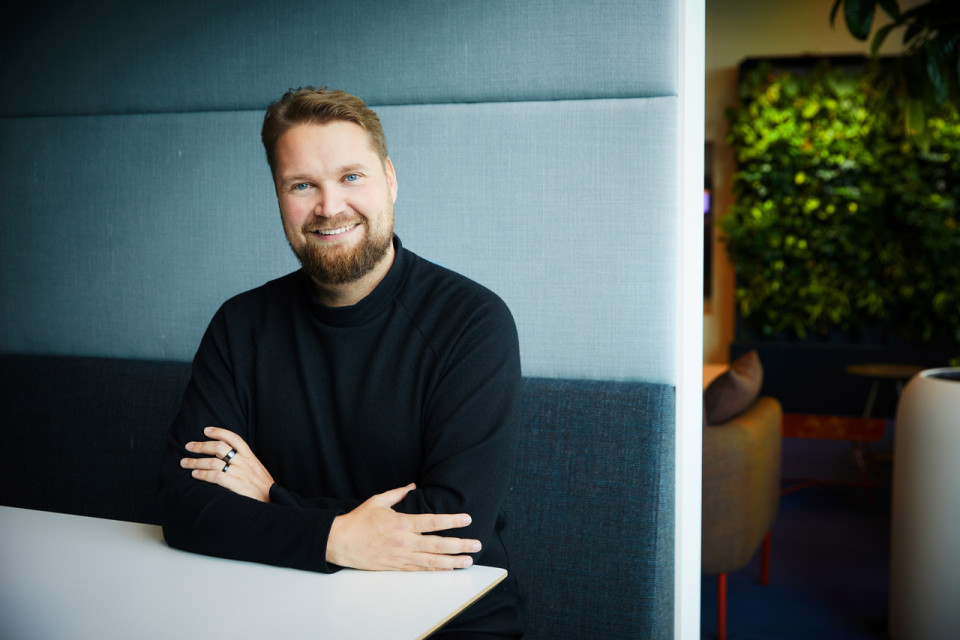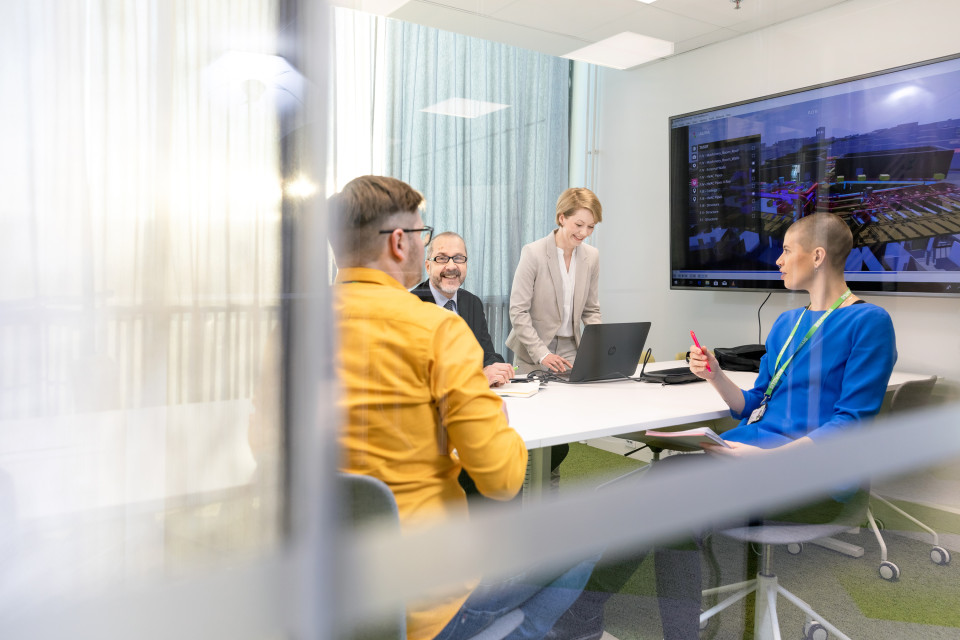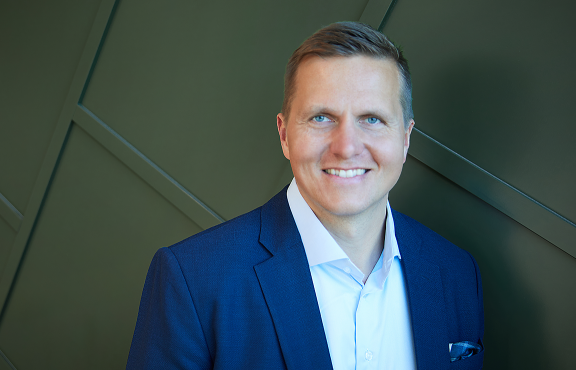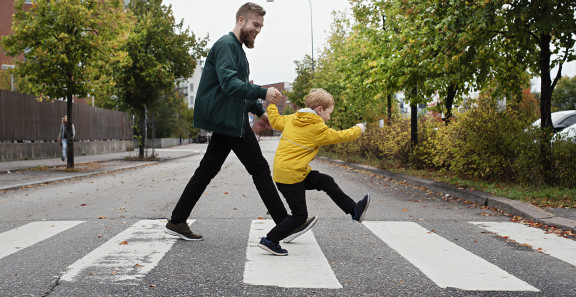At the turn of the year, Sitowise established the Group-wide AI Center of Excellence. Sami Lankiniemi, Sitowise's Innovation Director, is responsible for the work of the team focusing on the development of artificial intelligence. He sees the new centre of expertise in the design and consulting field as exceptional.
- We have a core team of 15 people in Finland and nearly 40 AI experts at Group level. The development work related to artificial intelligence is under the guidance of the top Group management, our experts are incredibly talented and our board also includes top experts in the field, such as Anni Ronkainen, former Country Manager of Google Finland.
In the next few years, Sitowise's innovation activities will focus on two paths. The foundation will continue to be laid by the development of new commercial solutions in The Smart City Lab. – Our strategic goal is to increase the share of continuous invoicing services to approximately 10 per cent, Lankiniemi says.
The second path is technology development as a whole, which also includes the AI Center of Excellence's AI development. To date, numerous promising use cases have already been identified. - We are constantly assessing whether different tasks can be solved with artificial intelligence or, for example, by changing people's actions or standardising information and processes.
Artificial intelligence can help restore nature values

Personally, Lankiniemi is confident in the most important application of artificial intelligence. There are not all the necessary solutions to the climate crisis, so all modelling, calculation and simulation assistance will be needed.
– I believe in the power of sustainable green technologies! Without AI development, we will not have the opportunity to adapt to the changing climate, mitigate negative impacts and preferably also reverse the trend, i.e. start restoring and restoring the natural values we have destroyed. Of course, at the same time, the societal impacts caused by artificial intelligence itself must be managed.
Until now, at least in the built environment, digitalisation has largely focused on the digitisation of information and tools, not on the digitalisation of operations as a whole. - It will take time before various useful technologies, such as artificial intelligence, can be deployed widely enough in the industry.
That is why Lankiniemi is also interested in change management: changing people's thoughts, companies' strategies and ways of working. - It requires many different stakeholders to change at the same time. Large systemic changes are slow, but possible.
Innovations have guided the career path
This is not the first time Lankiniemi has been involved in developing innovations that revolutionise the entire industry. Throughout his career, he has focused on creating sustainable new business through digital solutions and technologies.
- Already while working at Green Building Council Finland, I was able to develop new operating methods, national strategies and legislation to support sustainable construction.
During his time at KIRAHub, Lankiniemi participated, among other things, in the preparation of Finland's first national artificial intelligence course focusing on the built environment. Now it has already been visited by about 2,000 professionals. He has also been involved in founding the Recotech community and promoting the Ryhti project.
- The digitalisation of building permit data and land use data lays the foundation for the digital transformation of the entire real estate and construction sector.
We follow the work of international AI giants closely and ensure that our experts have the necessary know-how to utilise artificial intelligence.
Sami Lankiniemi, Sitowise
How will artificial intelligence change the everyday lives of experts?

At the moment, Lankiniemi is following with interest how artificial intelligence is visible in the everyday lives of knowledge workers. Some tasks will disappear, but artificial intelligence will also create new ones and reduce repetitive and short-term memory work.
- In the best-case scenario, artificial intelligence frees experts up for real expert work: analysing data and helping customers better understand the results produced with AI.
At the same time, Lankiniemi emphasises that the real development of artificial intelligence is only just beginning. Societies must prepare for major global changes. - We follow the work of international AI giants closely and ensure that our experts have the necessary know-how to utilise artificial intelligence.
Sitowise guides its experts to good "AI citizenship" and to be aware of the security risks of open AI tools. - We have also developed our own Saga AI assistant, because securing information should not only be the responsibility and concern of employees.
AI does weeks of work in minutes
Saga AI is currently only in internal use, but Sitowise has developed AI-enabled products for everyone to use. For example, Planect helps municipalities assess the climate impacts of town plans and regional projects.
– With traditional methods, the climate impact assessment takes 4–6 weeks; with the help of algorithms, the first version is obtained in two minutes. In 15 minutes, artificial intelligence has already produced several scenarios on how emissions can be reduced with different operating methods, Lankiniemi says.
In his opinion, efficiency will be essential in the future as more and more climate impact assessments are carried out. Above all, he thinks artificial intelligence improves the customer-orientation of services.
- Various problems and the potential of new solutions can be assessed and tested faster and at an earlier stage. I believe that generative AI will soon be as important a tool in traditional design as it already is in application development.

